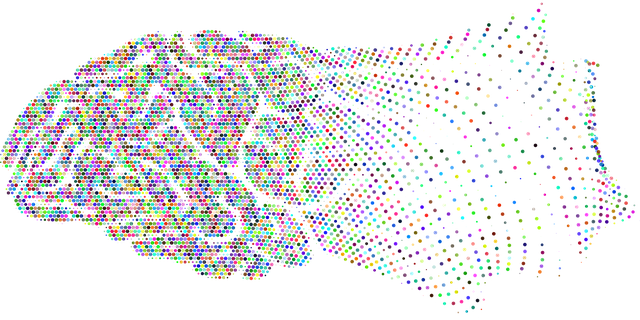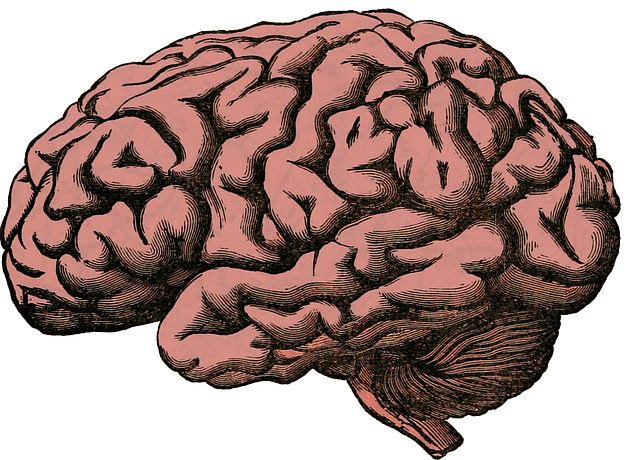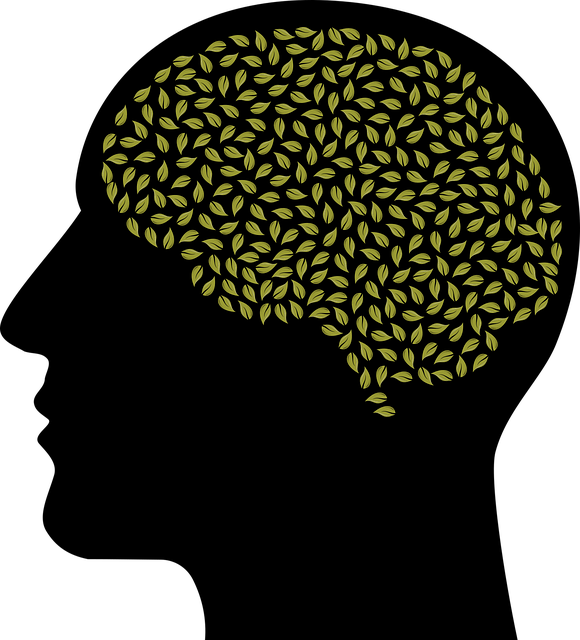In diverse Colorado Springs, effective Colorado Springs Alcohol Abuse Therapy requires cultural sensitivity. Therapists must understand and respect different beliefs about mental illness and tailor their approach based on clients' backgrounds, family dynamics, and spiritual beliefs. By implementing community outreach programs, education tailored to specific cultures, and techniques like active listening and conflict resolution, therapists create safe, supportive environments that encourage open communication and improved treatment outcomes for all clients, addressing the unique challenges of alcohol abuse in a culturally competent manner.
“Navigating cultural sensitivity in mental healthcare is paramount, especially in diverse communities like Colorado Springs. This article explores the profound impact of cultural diversity on mental health and how therapists can provide effective care. We delve into strategies tailored for Colorado Springs alcohol abuse therapy, focusing on incorporating cultural awareness to address unique challenges faced by clients from various backgrounds. By understanding and respecting cultural nuances, mental healthcare practitioners can offer more inclusive and successful treatment.”
- Understanding Cultural Diversity and Its Impact on Mental Health
- Incorporating Cultural Sensitivity into Therapy Practices in Colorado Springs
- Strategies for Effective Communication and Care in a Diverse Setting
Understanding Cultural Diversity and Its Impact on Mental Health

In today’s diverse society, mental healthcare professionals in Colorado Springs Alcohol Abuse Therapy must embrace cultural sensitivity to provide effective treatment. Cultural diversity enriches communities but also presents unique challenges for those seeking support for their mental well-being. Recognizing and understanding these differences is crucial. For instance, various cultural groups may have distinct beliefs about mental illness, its causes, and appropriate treatments, influencing help-seeking behaviors. Some communities prefer holistic or traditional healing methods over Western psychiatric approaches.
By integrating a Community Outreach Program Implementation focused on raising public awareness through campaigns that cater to diverse populations, therapists can bridge these gaps. Education plays a vital role in promoting emotional regulation by providing accurate information about mental health and available resources within different cultural contexts. This approach ensures that therapy aligns with clients’ values and beliefs, fostering trust and improving treatment outcomes for all individuals, regardless of their cultural backgrounds.
Incorporating Cultural Sensitivity into Therapy Practices in Colorado Springs

Incorporating cultural sensitivity into therapy practices is vital for providing effective Colorado Springs alcohol abuse therapy. Given the diverse demographic makeup of Colorado Springs, therapists must be adept at tailoring their approach to respect and understand clients’ unique backgrounds and traditions. This involves recognizing and acknowledging the impact of cultural factors on mental health, such as family dynamics, community support systems, and spiritual beliefs. By embracing cultural sensitivity, therapists in Colorado Springs can foster a safe and supportive environment that encourages open communication and genuine connection with clients from various ethnic and cultural groups.
This approach extends beyond language interpretation to include incorporating culturally relevant self-care routine development for better mental health and stress reduction methods. Therapists might also integrate practices that enhance emotional intelligence, enabling them to better perceive and understand clients’ emotions, and respond in ways that promote healing and growth. Such a nuanced understanding of cultural sensitivity ensures that Colorado Springs alcohol abuse therapy is not just effective but also affirming and transformative for every individual seeking support.
Strategies for Effective Communication and Care in a Diverse Setting

In a diverse community like Colorado Springs, where cultural richness is vibrant and varied, mental healthcare professionals must be adept at navigating different cultural contexts to provide effective care. Strategies for successful communication include actively listening, demonstrating empathy, and being mindful of non-verbal cues. Mental health awareness training equips practitioners with the knowledge to recognize cultural nuances and biases, ensuring that every patient receives personalized treatment.
One essential tool is conflict resolution techniques, which help bridge cultural gaps. By fostering open dialogue and practicing compassion cultivation, therapists can create a safe space for patients from diverse backgrounds. This approach not only enhances therapy outcomes but also promotes healing and growth in a multicultural setting. Such practices are crucial in addressing the unique challenges faced by individuals seeking Colorado Springs alcohol abuse therapy, ensuring that care is tailored to meet their specific cultural needs.
Cultural sensitivity is an indispensable aspect of mental healthcare, especially in diverse communities like Colorado Springs. By understanding and incorporating cultural diversity into therapy practices, professionals can provide more effective care, such as those addressing Colorado Springs alcohol abuse. Effective communication strategies ensure that individuals from various backgrounds feel respected and understood, fostering a safe environment for healing. This approach not only enhances therapeutic outcomes but also promotes the overall well-being of the community by meeting their unique mental health needs.














